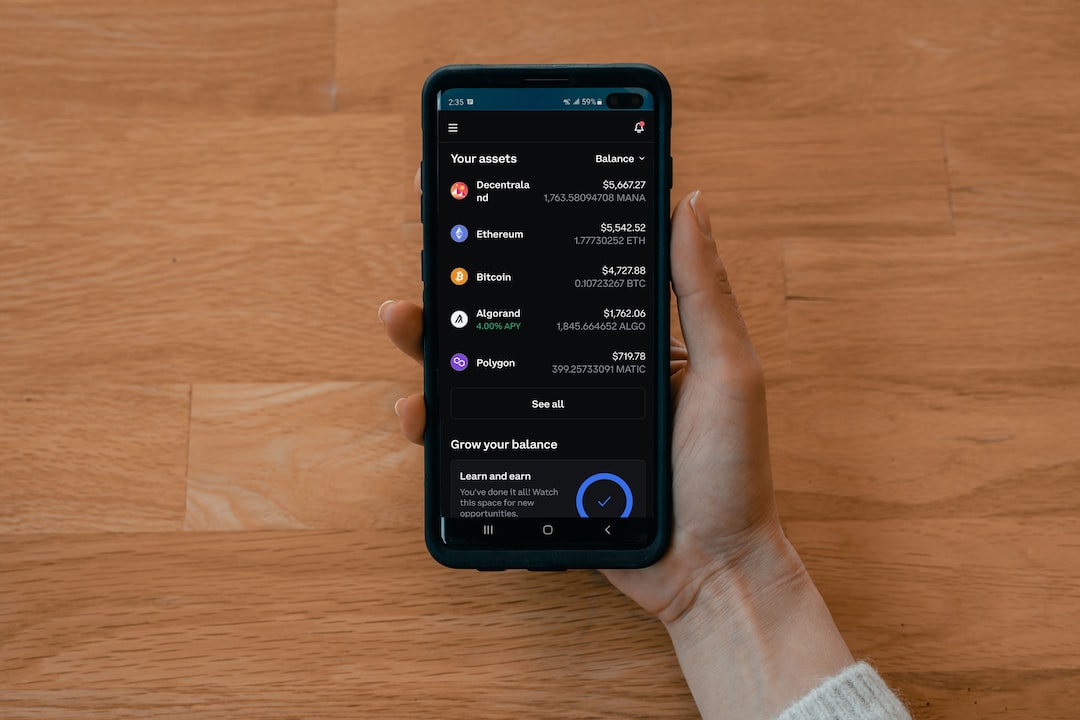Understanding Impersonation Scams in Crypto
Impersonation scams are common in the world of cryptocurrencies due to the pseudonymous nature of transactions and the level of secrecy they provide. These scams typically involve scammers impersonating famous or influential individuals, as well as trustworthy cryptocurrency platforms. They create fake online identities and interact with potential victims to gain their trust. They may ask victims to contribute cryptocurrency or share personal information under the guise of investment opportunities or freebies. Once the victims comply, the scammers disappear with the money or data.
To protect yourself from impersonation scams, you should be vigilant, confirm the legitimacy of communications, avoid unwanted offers, and implement security measures like two-factor authentication and strong passwords.
Types of Impersonation Scams in Crypto
1. Fake Social Media Profiles: Scammers create false social media profiles that closely resemble those of well-known individuals or crypto influencers.
2. Phishing Emails and Websites: Scammers imitate reputable crypto platforms or services by sending phishing emails or building fake websites to steal private keys or login information.
3. Telegram and Discord Scams: Scammers set up fake Discord or Telegram channels to lure users with promises of unique investment opportunities or airdrops.
4. Customer Support Impersonation: Scammers pretend to be customer service agents for popular Bitcoin exchanges or wallet providers and try to obtain login information or private keys through phishing emails or false websites.
5. Fake Wallets and Apps: Scammers create fraudulent crypto wallet apps that are sold on websites or app stores, putting users’ funds at risk.
6. Ponzi Schemes and Investment Clubs: Con artists set up fraudulent investment clubs that promise large profits but eventually collapse, causing many investors to lose their money.
How to Recognize Crypto Impersonators
There are several signs that can help you identify crypto impersonators:
1. Grammar and Spelling Mistakes: Impersonators often make grammar and spelling errors in their communications, which can indicate a possible scam.
2. Too-Good-to-Be-True Offers: Be cautious of proposals that seem too good to be true, as scammers often use enticing claims of high returns or freebies to deceive victims.
3. Requests for Personal Information: Impersonators may ask for sensitive personal data or private keys through unsolicited messages, which is a major red flag. Legitimate cryptocurrency businesses and services won’t ask for this information via email or direct messages.
4. Check the Domain: Pay close attention to the domain name of websites, emails, or links. Scammers often create URLs that resemble real ones but have minor differences or misspellings. Verify that the domain is correct to avoid falling victim to phishing scams.
5. Unsolicited Communications and Pressure: Impersonators typically contact you through unsolicited messages and pressure you to act quickly. Legitimate organizations respect your decision-making process and don’t exert undue pressure.
How Multisignature Wallets Can Protect Against Impersonation Scams
Multisignature wallets require multiple private keys to approve transactions, making it difficult for impersonators to steal money as they would need to compromise or trick multiple people. This additional security measure reduces the risk of illicit transfers of cryptocurrency in impersonation schemes.
Multisignature wallets also protect against insider threats and allow users to customize security based on their needs and risk tolerance. They can define the number of required signatures and the identities of permitted signatories. Some implementations even offer time-locking of funds or transaction spending caps for further protection against impersonation efforts.
Where to Report Crypto Impersonation Incidents
Reporting crypto impersonation incidents is crucial in combating these scams:
1. Contact Customer Care or Abuse Department: If the impersonation is related to a specific crypto exchange, reach out to their customer care or abuse department.
2. Report on Social Media Sites: Utilize reporting methods provided by social media sites to tackle impersonator accounts.
3. Report Phishing Emails: Report phishing emails to your email service provider, such as Gmail or Outlook, to prevent further fraudulent communications.
4. Notify Financial Authorities or Regulatory Entities: If you believe you have been a victim of a crypto impersonation scam or have important information about such scams, report it to the appropriate financial authorities or regulatory entities in your country.
5. Local Law Enforcement: In cases of serious fraud or criminal activity, consider contacting local law enforcement so they can launch investigations and potentially collaborate with other agencies.
6. Anti-Fraud Organizations: Reach out to anti-fraud organizations that specialize in combating cryptocurrency scams for guidance and support in dealing with these incidents.
Hot Take: Protect Yourself from Crypto Impersonation Scams
Crypto impersonation scams are prevalent in the crypto space, but you can protect yourself by being vigilant and following some key steps. Avoid falling for offers that seem too good to be true and be cautious of requests for personal information. Check the domain of websites, emails, or links to ensure their legitimacy. Don’t succumb to unsolicited communications and pressure tactics used by scammers. Consider using multisignature wallets that require multiple private keys for added security against impersonation scams. And finally, report any incidents of crypto impersonation to the appropriate authorities and seek support from anti-fraud organizations. By taking these precautions, you can help combat these scams and safeguard the cryptocurrency community.





 By
By
 By
By
 By
By
 By
By
 By
By